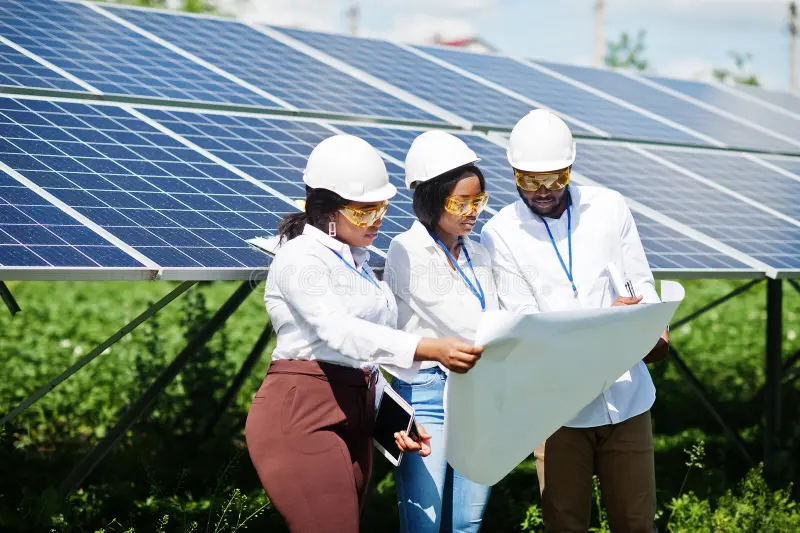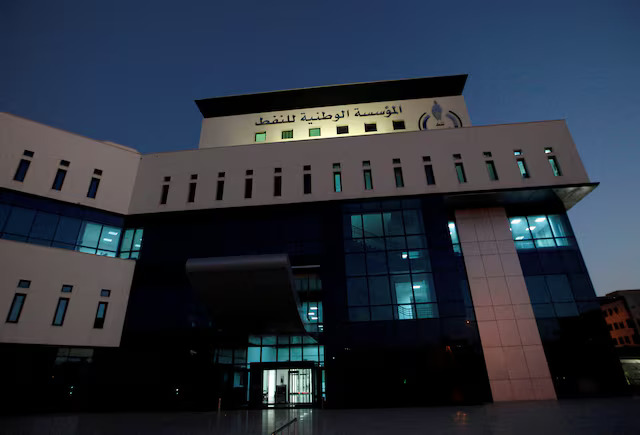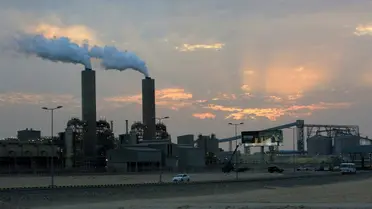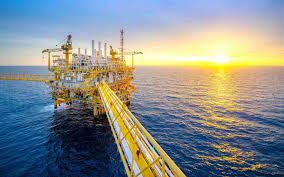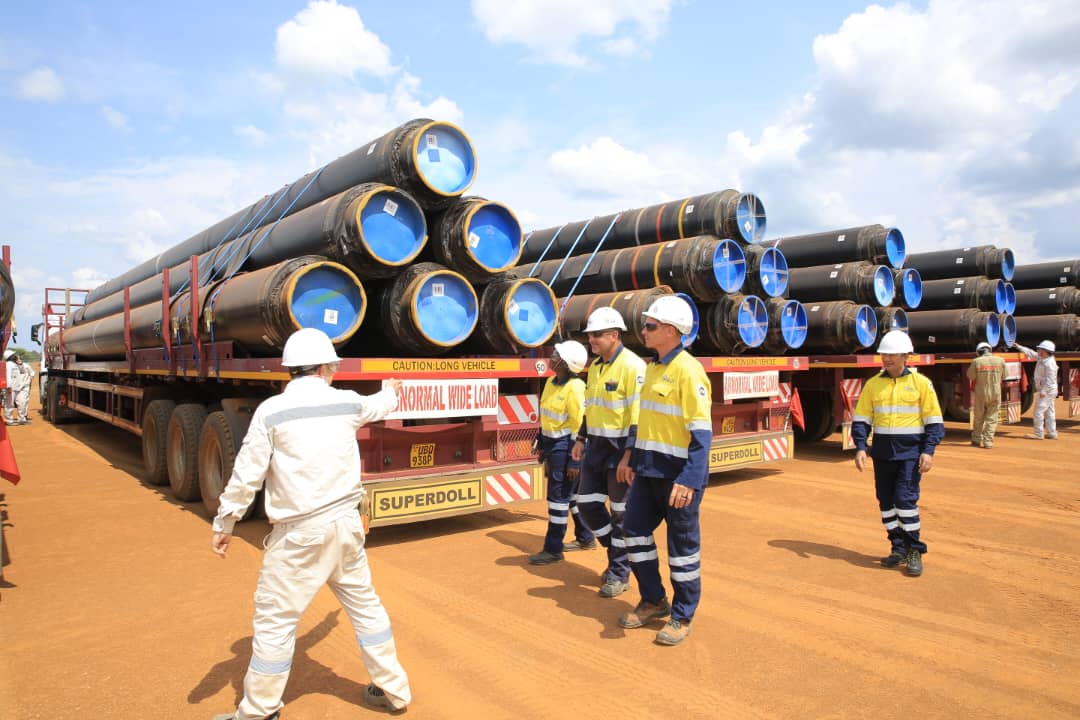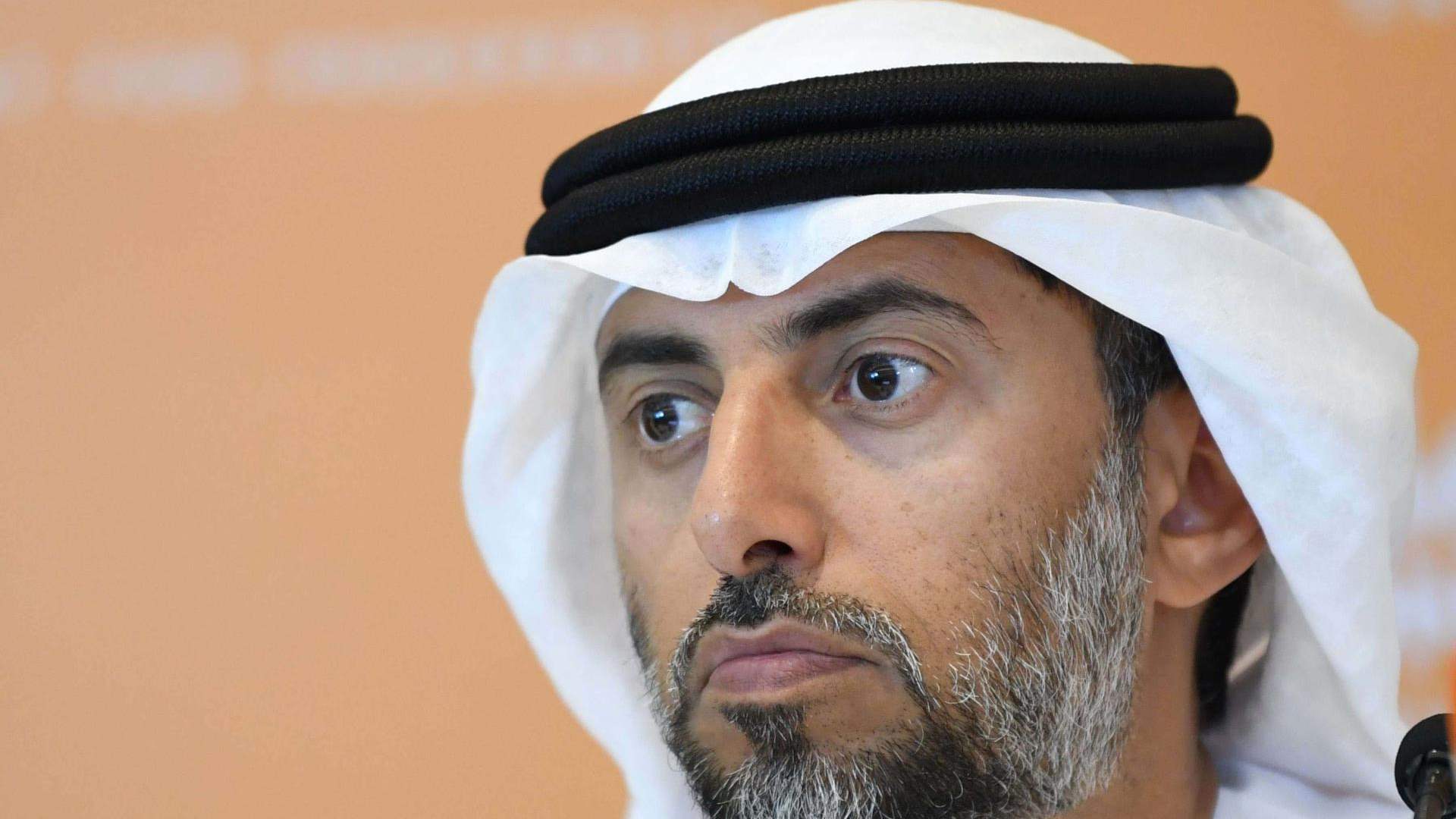Distribution

$25B African megaproject begins — A cross-continental system to move a new form of energy
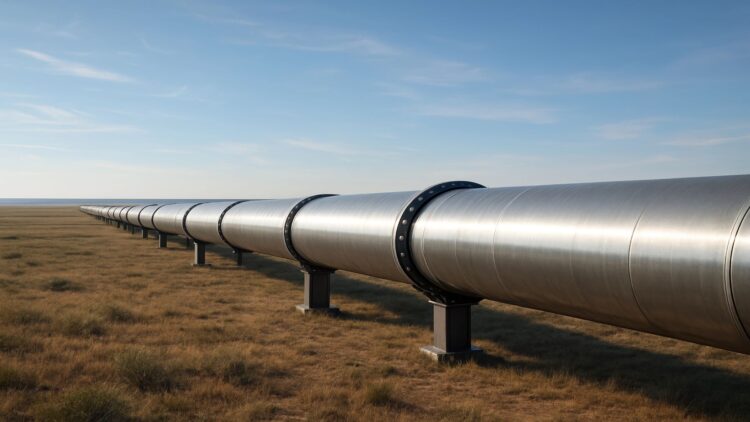
Africa might be in store for a new development in energy that could aid and boost its overall economic potential. A new system that is said to work over continents is entering the planning phase. This system can move energy over large distances and many nations. The world is watching intently as the potential is astronomical.
A new form of energy is set to give new life to Africa
Large-scale energy flow will be realized with this project and especially for African countries along the Atlantic. A channel way of energy supply is to be created where resources can be transported across borders, with the idea being to supply energy and economic upliftment to areas that have gone without these for years.
This energy megaproject could alter things dramatically for the countries involved by providing energy security, which has become a rampant problem in Africa. Funding is being sourced, and this was evident at the recent US-Africa energy forum in Houston, Texas. Leadership from North Africa laid out a plan of transformation as it pertains to energy requirements.
How this energy megaproject could work
Links between Africa and Europe are at the heart of this energy project. Those involved will need to act decisively before energy trends change and funding becomes more of a strain than it already is. The energy project will involve a gas pipeline between Nigeria and Morocco. The proposed pipeline will be approximately 5,600 to 6,200 kilometers, stretching across 13 African nations along the Atlantic coast.
The cost is as jaw-dropping as its potential, with the energy project reported to cost $25 billion. The pipeline itself would transport 30 billion cubic meters of natural gas yearly. It would not only supply the African countries along the Atlantic but also see Morocco become a hub for energy exports to Europe and beyond.
The benefits of this energy project and how it might work
Backed by the regional bloc Economic Community of West African States (ECOWAS), this energy project is also supported by the Nigerian National Petroleum Company Limited (NNPC) and Morocco’s Office National des Hydrocarbures et des Mines (ONHYM). The proposition is logical as Nigeria has Africa’s largest proven gas reserves, but this has been underused so far.
For Morocco, it is the opportunity to be the bridge between Africa and Europe when it comes to energy supply. New supply routes for Nigeria help circumvent geopolitical issues and offer the 13 nations along the Atlantic cleaner energy, in the hopes of getting these nations in line with the global effort to decarbonize. This will come with opportunities for jobs in those 13 nations along this corridor and provide these nations with cleaner energy.
The challenges this energy project faces
Financing what is to be the longest offshore and overland pipeline ever attempted in Africa will be demanding. That and the differences in regulations in each of the 13 nations involved, while dealing with a myriad of socio-economic issues across kilometers of coastline and hinterland. All these factors are still being very closely looked at before a final investment decision is made.
The idea is ambitious, and the vision is slowly moving towards being realized. If things go according to plan, then the Nigeria-Morocco Gas Pipeline could be the fulcrum for Africa’s energy hopes by unifying various states through this energy project and ushering the continent into a future of cleaner energy while also providing economic stimulation in areas that need this.
The thinking is exactly what Africa needs so as to catch up to nations that are making advancements every day towards decarbonization and lower emissions. The potential is off the charts, and this will only spark more ideas of this nature across Africa as time progresses.



